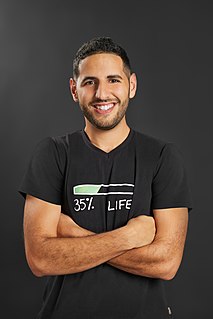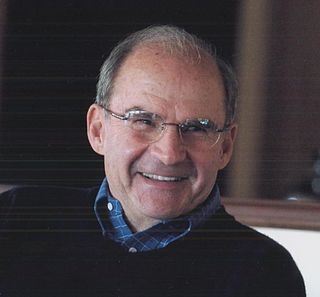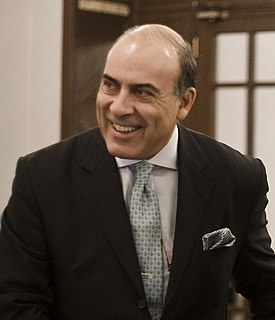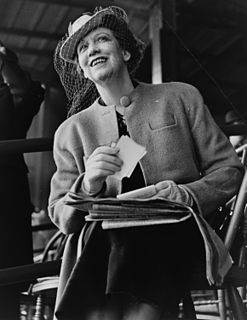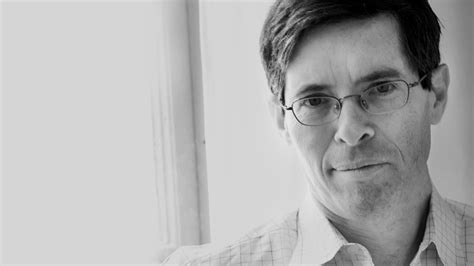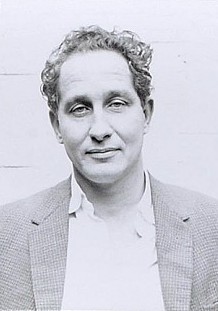A Quote by Nuseir Yassin
Who doesn't love an ice-cold Coca Cola? I'm not the biggest fan. So my New Year's Resolution for 2015 was to reach every corner of the world where Coca-Cola is not officially distributed.
Related Quotes
Coca-Cola is little more than sugar, some flavoring, and lots of (carbonated) water. It is largely indistinguishable from innumerable other brands of cola, yet people around the world seem to think that Coca-Cola is something and they are eager to ask for it by name and even to pay a premium for it.
Coca-Cola remains emblematic of the best and worst of America and Western civilization. The history of Coca-Cola is the often funny story of a group of men obsessed with putting a trivial soft drink "within an arm's reach of desire." But at the same time, it is a microcosm of American history. Coca-Cola grew up with the country, shaping and shaped by the times. The drink not only helped to alter consumption patterns, but attitudes toward leisure, work, advertising, sex, family life, and patriotism.
Taoist chanting, Confucian chanting, Christian chanting, Buddhist chanting don't matter. Chanting Coca Cola, Coca Cola, Coca Cola … can be just as good if you keep a clear mind. But if you don't keep a clear mind, and are only following your thinking as you mouth the words, even the Buddha cannot help you.
The traditional model for a company like Coca-Cola is to hire one big advertising agency and essentially outsource all of its creativity in that area. But Coca-Cola does not do it that way. It knows how to manage creative people and creative teams and it has been quite adept at building a network that includes the Creative Artists Agency in Hollywood, which is a talent agency.
Take the folks at Coca-Cola. For many years, they were content to sit back and make the same old carbonated beverage. It was a good beverage, no question about it; generations of people had grown up drinking it and doing the experiment in sixth grade where you put a nail into a glass of Coke and after a couple of days the nail dissolves and the teacher says: Imagine what it does to your TEETH! So Coca-Cola was solidly entrenched in the market, and the management saw no need to improve.
Buffett's methodology was straightforward, and in that sense 'simple.' It was not simple in the sense of being easy to execute. Valuing companies such as Coca-Cola took a wisdom forged by years of experience; even then, there was a highly subjective element. A Berkshire stockholder once complained that there were no more franchises like Coca-Cola left. Munger tartly rebuked him. 'Why should it be easy to do something that, if done well two or three times, will make your family rich for life?
Today you have a situation where now the prescription is: People who don?t have enough money to buy food should end up paying for their drinking water. That is going to be the kind of situation in which you will get more child labor. You will get more exploitation of women. You?re going to get an absolutely exploitative economy as the very basis of living becomes a source of capital accumulation and corporate growth. In fact, the chief of Coca-Cola in India said: ?Our biggest market in India comes from the fact that there is no drinking water left. People will have to buy Coca-Cola.
